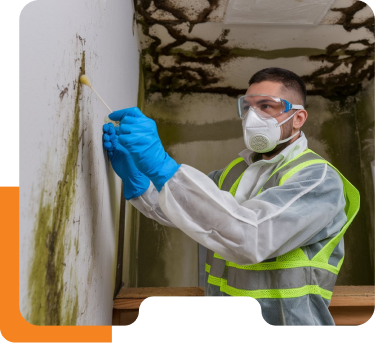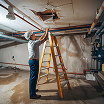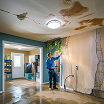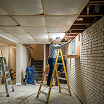
- Detect & Eliminate Mold for a Healthier Space
Mold Testing
Mold testing helps identify hidden mold growth that can cause health issues and structural damage. Early detection ensures a safer environment by preventing mold-related risks and improving indoor air quality.
- Protects Health – Prevent respiratory issues and allergies caused by mold exposure.
- Preserves Property – Detect and eliminate mold before it causes costly damage.
- Ensures Safety – Maintain a clean, mold-free environment for homes and businesses.




